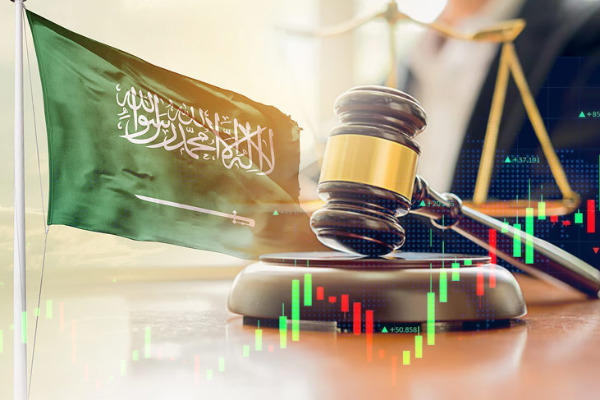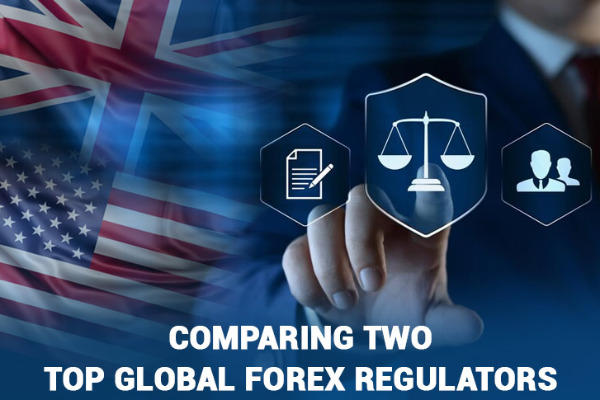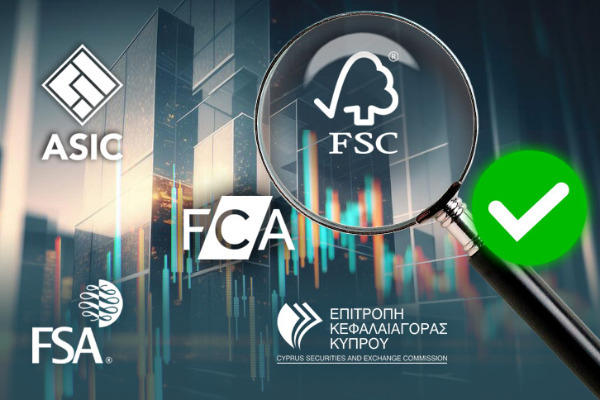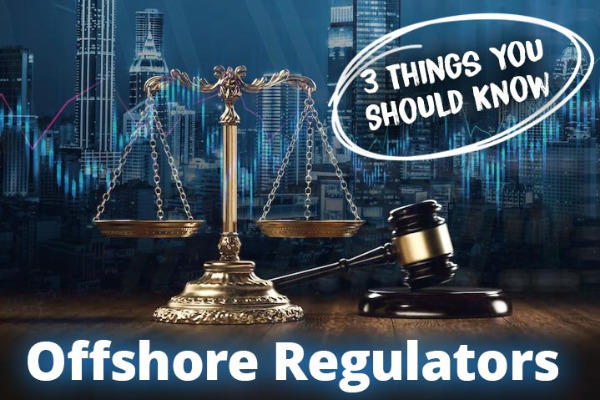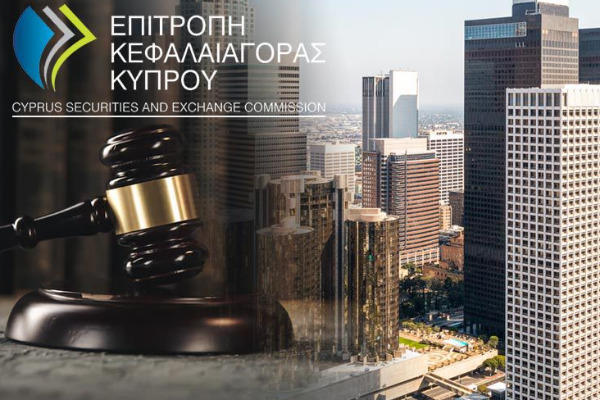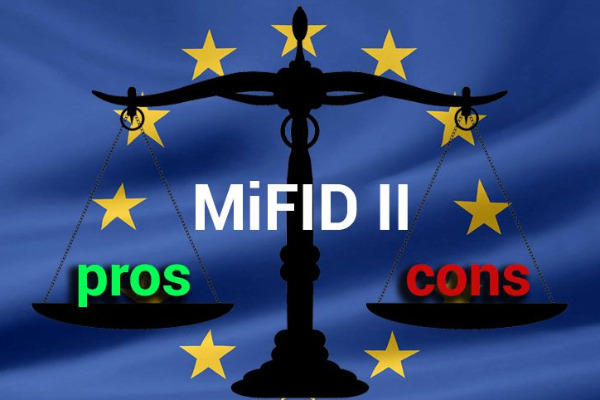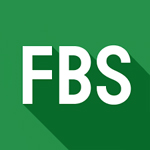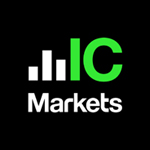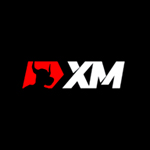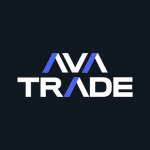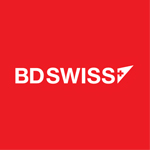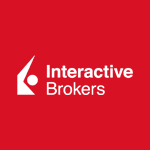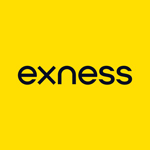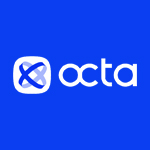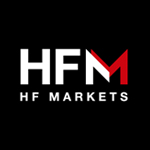Forex regulations can be found almost anywhere in the world, but these 5 areas attract most brokers for their distinctive qualities. What are the implications for traders?
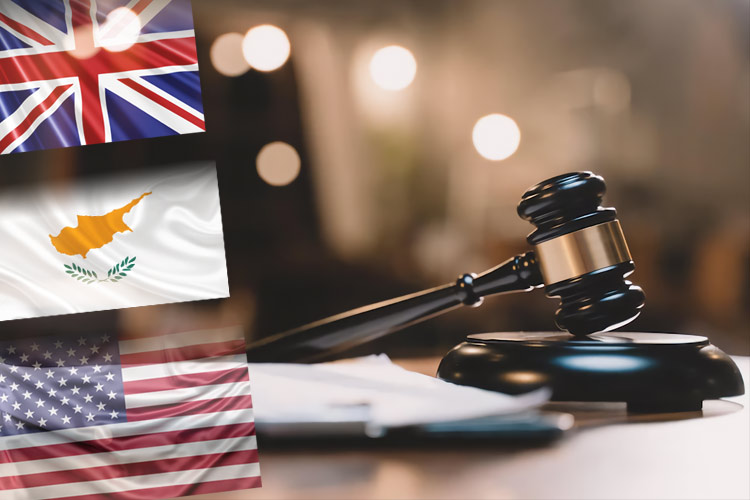
With a daily trading volume of more than $6 trillion, the forex market is the largest and most liquid market in the world. A variety of currencies is available for trading on the foreign exchange market, which operates on a global scale. For millions of people throughout the world, trading continuously becomes an interest, a hobby, and sometimes even their main source of income. As a result, there is a growing number of aspiring brokers as well as newbie traders.
This development subsequently requires legalization for such business before the law in the name of brokerage licenses. Brokerage licenses enable clients to have more faith in brokers and all of their activities. In addition, brokers will also be permitted to conduct business in nations where the brokerage license is required.
There are numerous jurisdictions available, but in this article, we will discuss some of the most common and important ones. First, we will discuss the friendly countries for brokerage licenses and later we will provide a glimpse of those with higher restrictions.
Countries of Friendly Regulators
Friendly regulators mean loose requirements and easier applications for brokers. Their objectives are mainly to help the local economy by growing brokerage business while ensuring clients' funds' protection along the way. Friendly regulators are usually from offshore countries and they often claim to act as intermediaries in case of disputes between brokers and clients. Nevertheless, there hasn't been any case where an offshore regulatory agency compensates clients due to brokerage insolvency.
The following list is 3 offshore regulators that are commonly favored by well-known brokers.
Cyprus
The process of obtaining a brokerage license in Cyprus typically takes three months, and the broker must have a registered capital of at least EUR200,000.
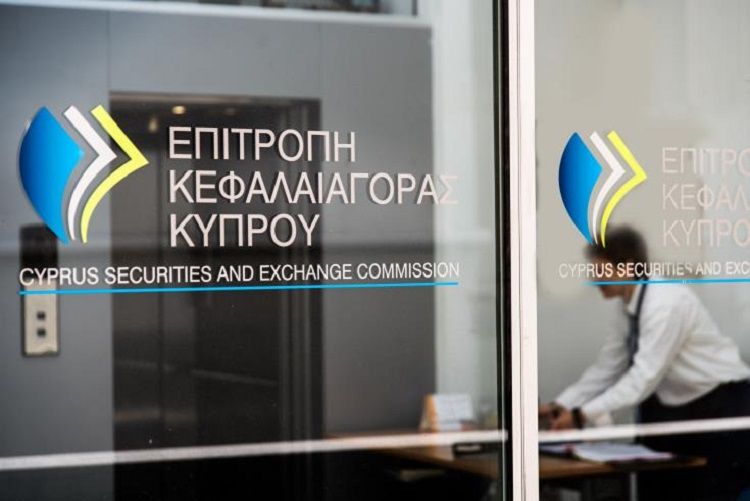
The licensing fee starts at EUR125,000 in addition to legal expenses. Although this can be seen as a drawback, the Cyprus Securities and Exchange Commission (CySEC) gives brokers access to the entire EU, which is a demanding but very desirable market.
Cyprus also has a whole infrastructure developed around it and is a well-known center for financial businesses. Once brokers have found a decent footing needed to open their business, operating a brokerage in Cyprus is easier than in areas where the sector is hardly represented, both in terms of simple processes and access to trading experts.
Malta
Malta has Malta Financial Services Authority (MFSA) as its local regulatory body to create, monitor, and enforce norms of conduct in order to improve the standard of practice.
As a region, Malta also stands as a lucrative destination for brokers. Although the Maltese market is not compared to Cyprus in size, transparency in terms of rules and regulation in addition to minimal political or economic risk has made Malta worth considering.
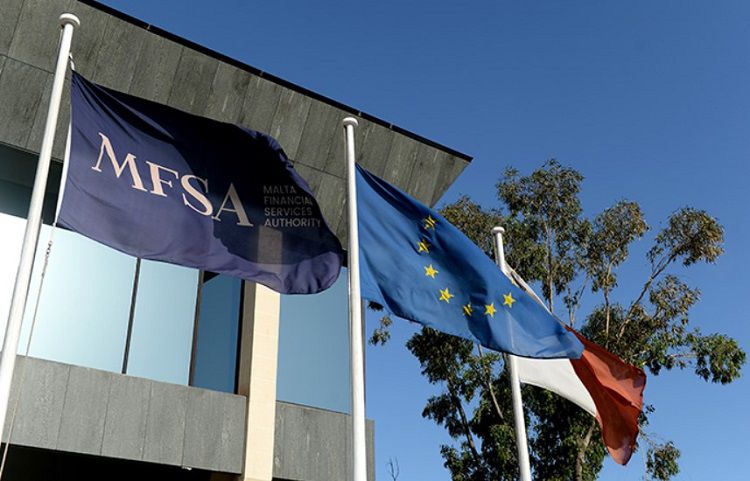
The license price is much lower and starts at EUR2600, but the minimum amount for registered capital is EUR125,000. The registration procedure takes a little longer, typically taking six months.
The Maltese license opens up access to the European market, just like the Cyprus license does, making it a great option for brokers looking to work with traders from the EU.
Seychelles
For those with a limited budget, Seychelles stands as a lucrative option. The Seychelles Financial Services Authority (FSA) is assigned as the local regulator. To launch a registered company in the area, one-time payments for licensing, registered capital, and other costs are required.
Brokers looking to register here will only need to pay USD1000 for the brokerage license and have a registered capital of USD50,000. The registration process usually takes three months.
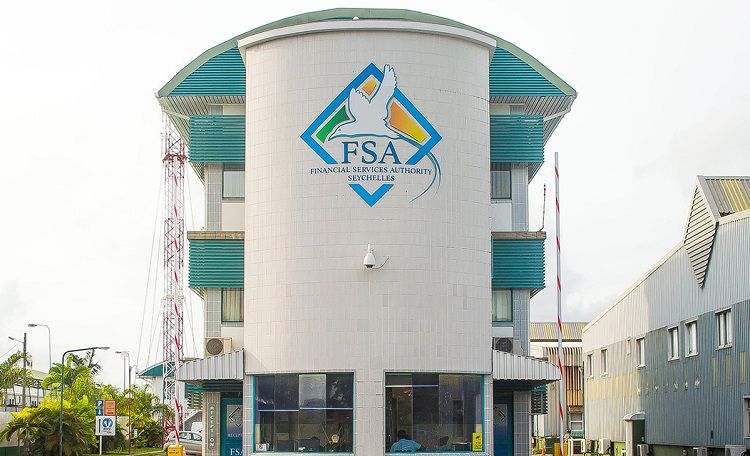
Besides being an absolute paradise location, Seychelles offers relatively loose regulation and low registration costs, making it an excellent option for brokers who would like to dedicate less time to paperwork and administrative requirements.
See also: List of Forex Brokers Regulated by FSA
Countries of Strict Restrictions
Aside from friendly regulators, credible licensing institutions also play a major role in the forex trading industry. In fact, such regulatory bodies start the whole brokerage license requirement in order to protect clients against problematic brokers. Therefore, this kind of regulators have a higher standard when it comes to clients protections. Not many brokers have what it takes to acquire their licenses, setting up a certain reputable image when they're able to be regulated in these areas:
United Kingdom
The Financial Conduct Authority (FCA) is in charge of regulating the UK's financial market. A registered capital requirement of GBP100,000 and a licensing cost of GBP22,000 are required for registration, which can take up to two years to complete.
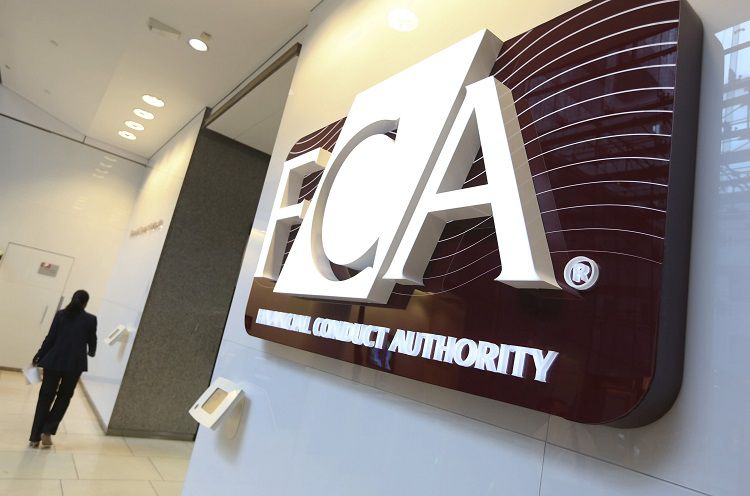
United States
The US trade market is strictly regulated by several different authorities. With a registered capital of USD250,000 and the brokerage license costs that possibly reach USD1,000,000, getting everything approved and signed off can take up to 1.5 years in total. The most notable broker regulator from this country is the Commodity Futures Trading Commission (CFTC).
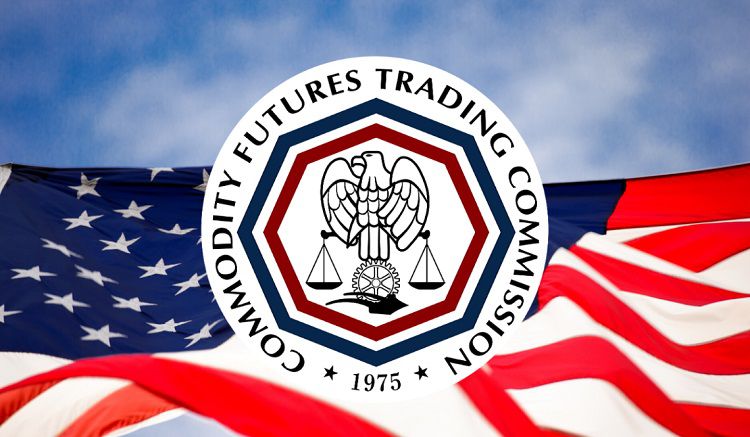
Both the US and the UK have a reputation for having stringent laws, complex registration procedures, and high initial costs. However, if the broker has the resources and drives to target certain markets, they will be able to benefit from the prestige and connections to people living in the area.
What is the Best Option?
For most brokers, regulations tend to be an obstacle considering the complexity and costs that may cause. They may face restrictions followed by regulatory supervision and checks that might take time and will be performed regularly.
However, on the other side of the coin, such regulations may control and help to monitor brokerage businesses and stop unethical behaviors, put legislation into effect to safeguard traders and investors, as well as ensure that all market participants are treated fairly.
In a nutshell, both types of countries explained above are a matter of choice for traders when looking for a regulated broker. The implication mostly comes from how the brokers require a minimum deposit and offer maximum leverage. Strict agencies like the UK's FCA typically require brokers to limit leverage below 1:50 and are a magnet to experienced traders who don't mind starting with big capital, whereas friendly regulators allow brokers to offer higher leverage (even up to 1:1000 and more) and attract more diverse traders with smaller minimum deposits and bonus programs.

 Dedicated FREE FOREX VPS
Dedicated FREE FOREX VPS Free FOREX Virtual Private Server
Free FOREX Virtual Private Server MT4 Demo Contest, Get $500
MT4 Demo Contest, Get $500 Sign Up for an Account, Claim 60% Deposit Bonus
Sign Up for an Account, Claim 60% Deposit Bonus Free MT4/MT5 VPS 2024
Free MT4/MT5 VPS 2024 Send E-mail and Get Free Merchandise
Send E-mail and Get Free Merchandise $1K Refer a Friend Bonus for Pepperstone Pro clients
$1K Refer a Friend Bonus for Pepperstone Pro clients Maximize Your Earnings with 100% Deposit bonus
Maximize Your Earnings with 100% Deposit bonus Trade to Win, $5,000 Monthly Demo Contest
Trade to Win, $5,000 Monthly Demo Contest Claim 30% + 15% Deposit Bonus from LiteFinance
Claim 30% + 15% Deposit Bonus from LiteFinance
